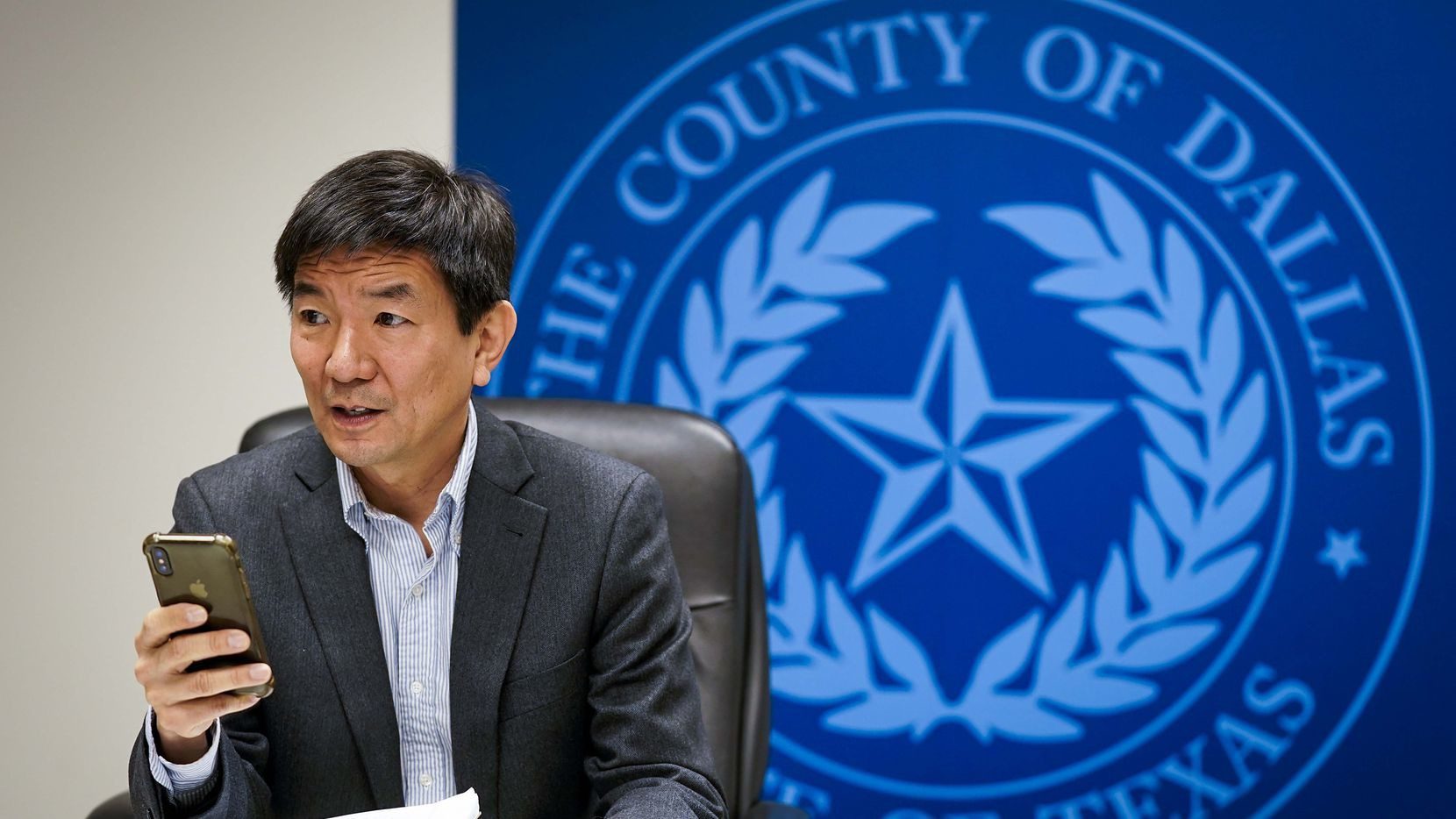The Dallas County Health and Human Services Department (DCHHS) issued a Public Notice of Potential Monkeypox Exposure for the Dallas area.
The DCHHS received notification that an out-of-state visitor with confirmed monkeypox had multiple sexual encounters in the Sauna at Club Dallas between June 22 and June 25. The man was contagious at the time the encounters took place.
DCHHS urges anyone who visited Club Dallas between these dates to monitor themselves for 21 days for any symptoms of monkeypox and get medical help if necessary. Symptoms include fever, rash, enlarged lymph nodes, and overall body aches.
In addition, DCHHS said that the department was aware of monkeypox exposures at the well-attended Daddlyland Festival that took place over the July 4th weekend. The festival included dance parties with live music at multiple venues, pool parties, and nightclub events.
Numerous cases of monkeypox are reported nationwide in sexual networks. Men who have sex with men, people who use social media to find sex partners, and people who have had skin-to-skin contact with people who have sores or other symptoms of monkeypox should be aware of their risk.
“Anyone, regardless of sexual orientation, can spread monkeypox through contact with body fluids, monkeypox sores, or shared items (such as clothing and bedding) that have been contaminated with fluids or sores of a person with monkeypox,” according to DCHHS.
The Dallas Express previously reported three monkeypox cases in Dallas County.
The first initial case was announced on June 6. A Dallas County resident had a preliminary positive test after traveling from Mexico back to Dallas.
On June 22, health officials revealed that there had been two more cases of the monkeypox virus in Dallas County. The patients had traveled from Spain and Mexico.
“The general population shouldn’t be worried, but certainly people who might have high-risk exposure and things like that should be thinking about it and doing what they can to monitor and prevent further spread,” stated Dr. Philip Huang, the Director of DCHHS.






